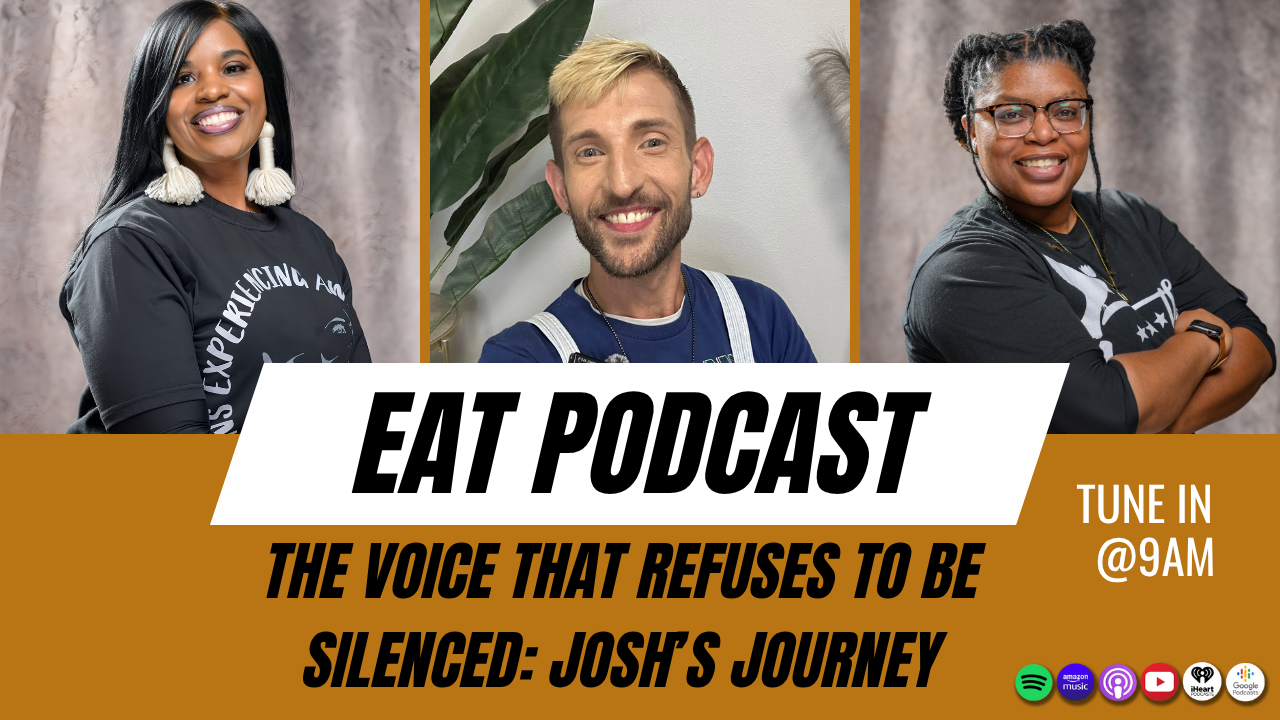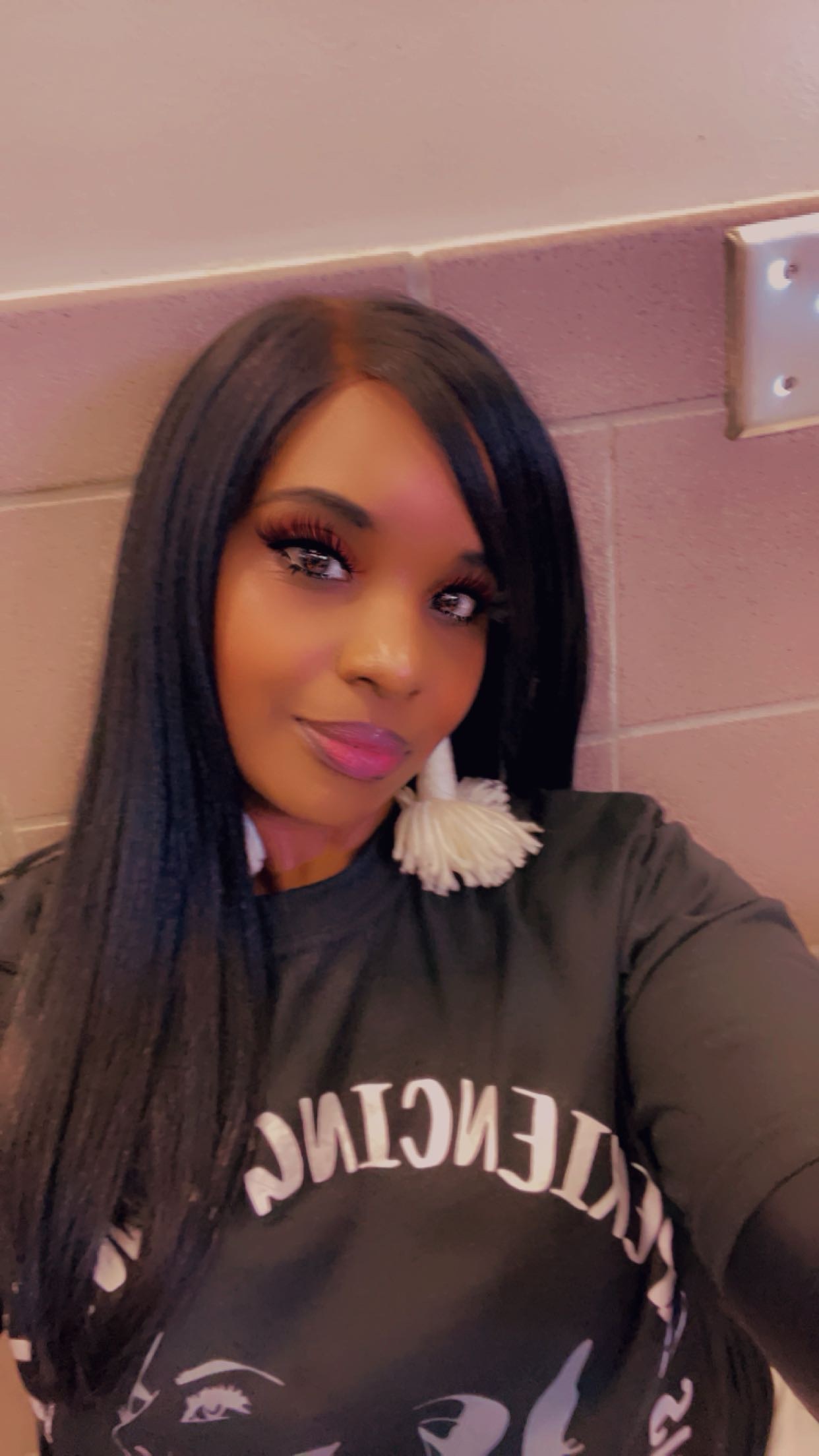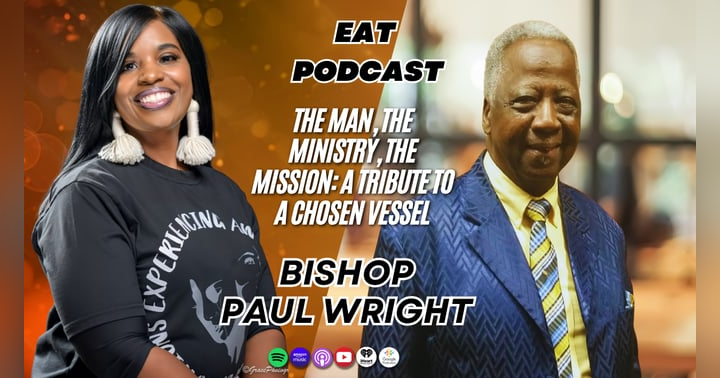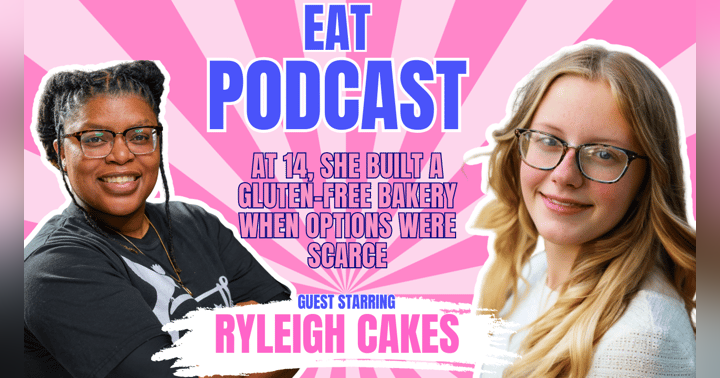The Voice That Refuses to Be Silenced: Josh's Journey

The Power of Shared Stories: Josh's Journey from Addiction to Poetry
There's something profoundly moving about witnessing someone transform their deepest pain into art that heals not only themselves but others. In our latest podcast episode, we had the privilege of sitting down with Josh, a 33-year-old poet and recovering addict who captivated us with his journey from the depths of addiction to becoming a beacon of hope through his powerful poetry.
Josh's story begins in Highland, a community where addiction runs rampant. As he explained, statistics suggest only about 2% of people recover from methamphetamine addiction, while the prevalence of meth use in Highland "far exceeds 2% on a magnanimous scale." Yet against these overwhelming odds, Josh found his way out—not by leaving physically, but by discovering his voice through poetry. What makes his story particularly compelling is that he still lives in Highland, surrounded daily by the environment and people still caught in the cycle he managed to break. His presence there serves as living proof that escape is possible.
Perhaps the most striking aspect of Josh's recovery is his perspective on human connection. Working at a Circle K gas station might seem mundane to some, but for Josh, it represents a profound opportunity to participate in the daily rhythms of others' lives. "When you see other people sitting on that bus and they've got a Circle K coffee in their hand, it's like you're a part of their existence," he shared. This sentiment reveals a beautiful truth about recovery—that healing often comes through reconnection with community rather than isolation. Josh articulated this perfectly when he said, "People make the world better. They make my world better." His observation that human presence can be "a cure-all" for depression resonates with many who have found that connection is essential to mental health.
The transformative power of artistic expression emerges as another central theme in Josh's story. While working at a treatment center, he heard constant encouragement to "tell your story" but resisted because it felt too personal, too vulnerable. Poetry became his safe space, his private notebook of processing trauma. What he never anticipated was how sharing these deeply personal writings would create reciprocal healing—as his words lifted others, their responses lifted him. "It's to know that something that I said or did uplifted them, because I got through it. They don't realize that that's the reciprocity that I'm getting from that," he explained, highlighting how the act of sharing one's journey creates unexpected community.
Josh's metaphor of sunflowers turning toward each other when they can't access the sun perfectly encapsulates his approach to recovery and helping others. "When sunflowers don't have access to the sun, they turn towards each other and share their energy," he noted, explaining his vision for a "newspaper of kindness" called The Sunflower. This project represents his belief that "when I start doing better for myself, other people start doing better for themselves, even if I've not met them." It's a powerful reminder of how individual healing ripples outward into collective healing.
The raw power of Josh's poetry, particularly pieces like "Mental Health Awareness" and "Revival Mode," demonstrate how artistic expression can translate pain into purpose. His words—unflinching, sometimes profane, and deeply authentic—create space for others to recognize their own struggles. When he reads, "Finding myself has been quite the journey. Hell, it's been an ordeal," the universality of human struggle comes through clearly. His conclusion that "resilience is born when one's strength is depleted" offers hope precisely because it acknowledges the depth of suffering that precedes transformation. Josh's admission that he might never have recovered without sharing his poetry publicly underscores the healing power of vulnerability.















